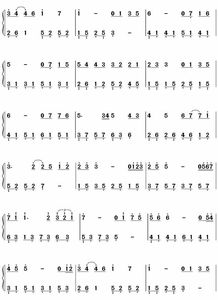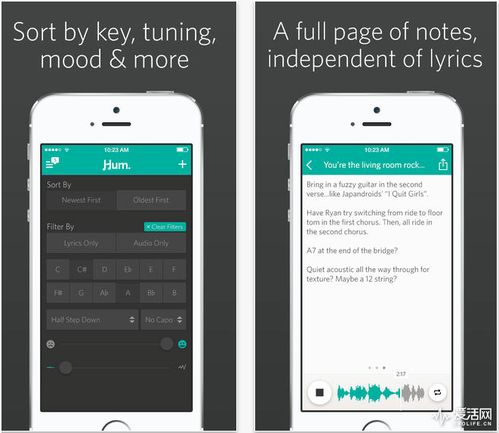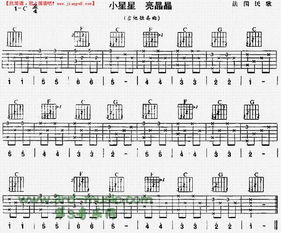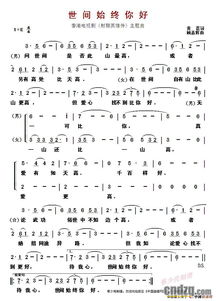popular(popular的比较级)
Understanding the Use of "Popular" in English
Introduction
In English, the word "popular" is one of the most frequently used adjectives. It describes something that is widely liked or accepted by many people. Understanding its various uses and nuances can greatly enhance your English communication skills. This article will explore the different uses of "popular," its grammar variations, and how it distinguishes from other similar words like "popularity."
The Basic Meaning of "Popular"
"Popular" primarily means something is widely liked or accepted. It can be used both as a modifier (defining noun) and as a predicate (describing a subject). For example:
- As a modifier: A popular song.
- As a predicate: This movie is popular.
"Popular" often collocates with prepositions like "in," "among," "with," and "for" to specify the context of popularity.
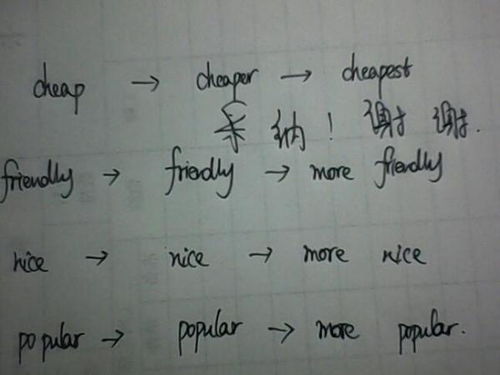
Common Prepositions with "Popular"
With "in":
- Used to indicate popularity within a specific domain or category.
- Example: The book is popular in the literature world.
With "among":
- Refers to popularity within a specific group or class.
- Example: These policies are unlikely to prove popular among middle-class voters.
With "with":
- Indicates popularity among a particular audience.
- Example: The movie was very popular with the audience.
With "for":
- Suggests popularity due to specific attributes.
- Example: The recipe is popular for its simplicity.
The Difference Between "Popularity" and "Popular"
While "popular" is an adjective describing something's popularity, "popularity" is the noun form, referring to the state or degree of being popular. Here's how they differ:
Usage:
- "Popular" is used to describe nouns, while "popularity" refers to the concept itself.
- Example:
- The popularity of this book is beyond imagination. (Noun form)
- The book is popular. (Adjective form)
Comparison and Degrees:
- "Popular" does not have comparative or superlative forms.
- Example: You can say "popular" but not "more popular" or "most popular" unless you use modifiers like "highly" or "extremely."
Derivative Words:
- "Popular" has derivative words like "popularity" (noun) and "popularly" (adverb).
- Example: She spoke popularly about her experiences. (Adverb form)
Tips for Using "Popular" Correctly
- Avoid Overuse: Overusing "popular" can make your writing redundant. Use it only when it adds value.
- Be Specific: Use collocations like "in," "among," "with," and "for" to provide context.
- Understand the Audience: Tailor your use of "popular" to the audience's understanding and expectations.
Conclusion
Mastering the use of "popular" is essential for effective English communication. By understanding its meaning, grammar, and nuances, you can enhance your ability to describe concepts and ideas accurately. Remember to use it thoughtfully and contextually to avoid misuse and to convey your message clearly.
相关文章:
文章已关闭评论!



